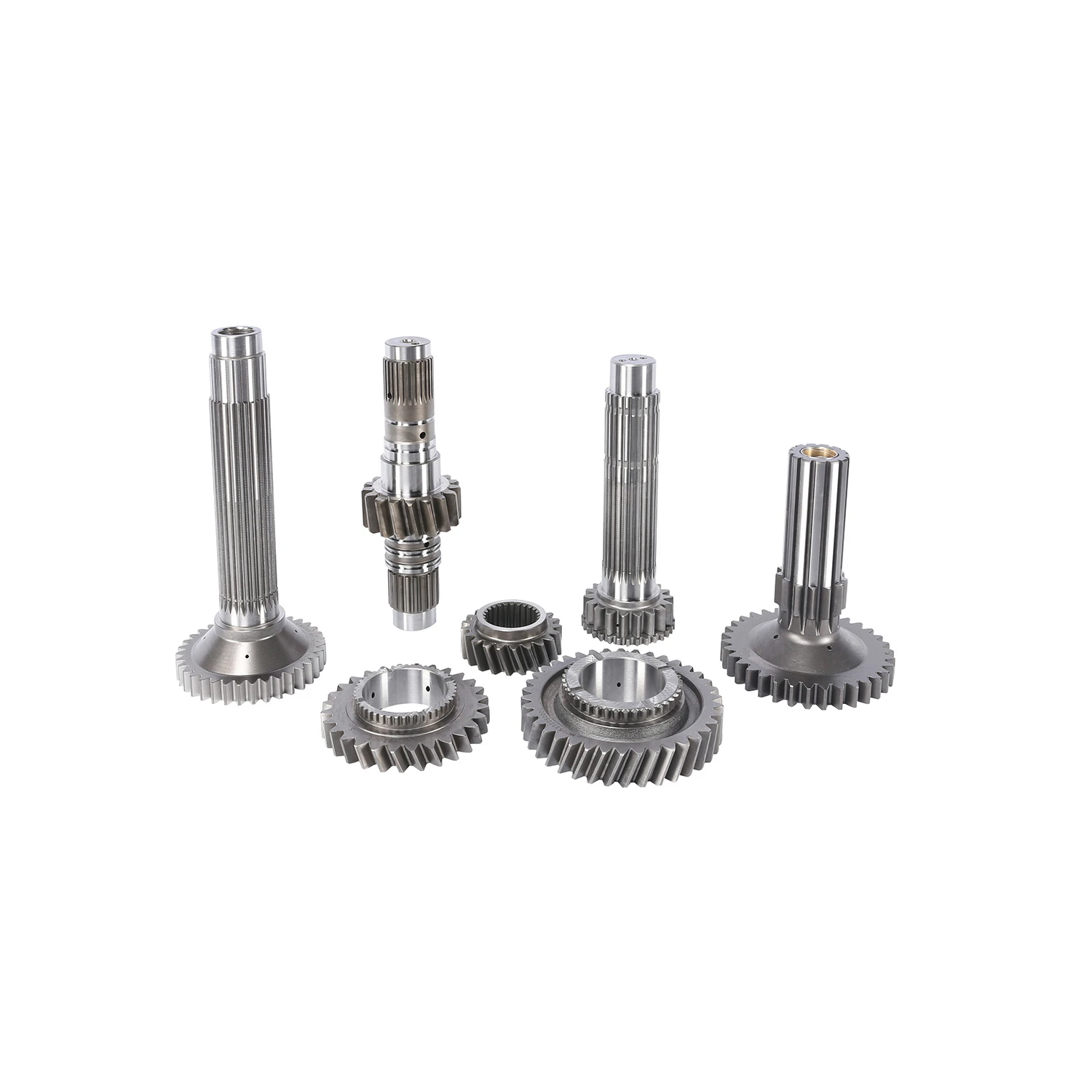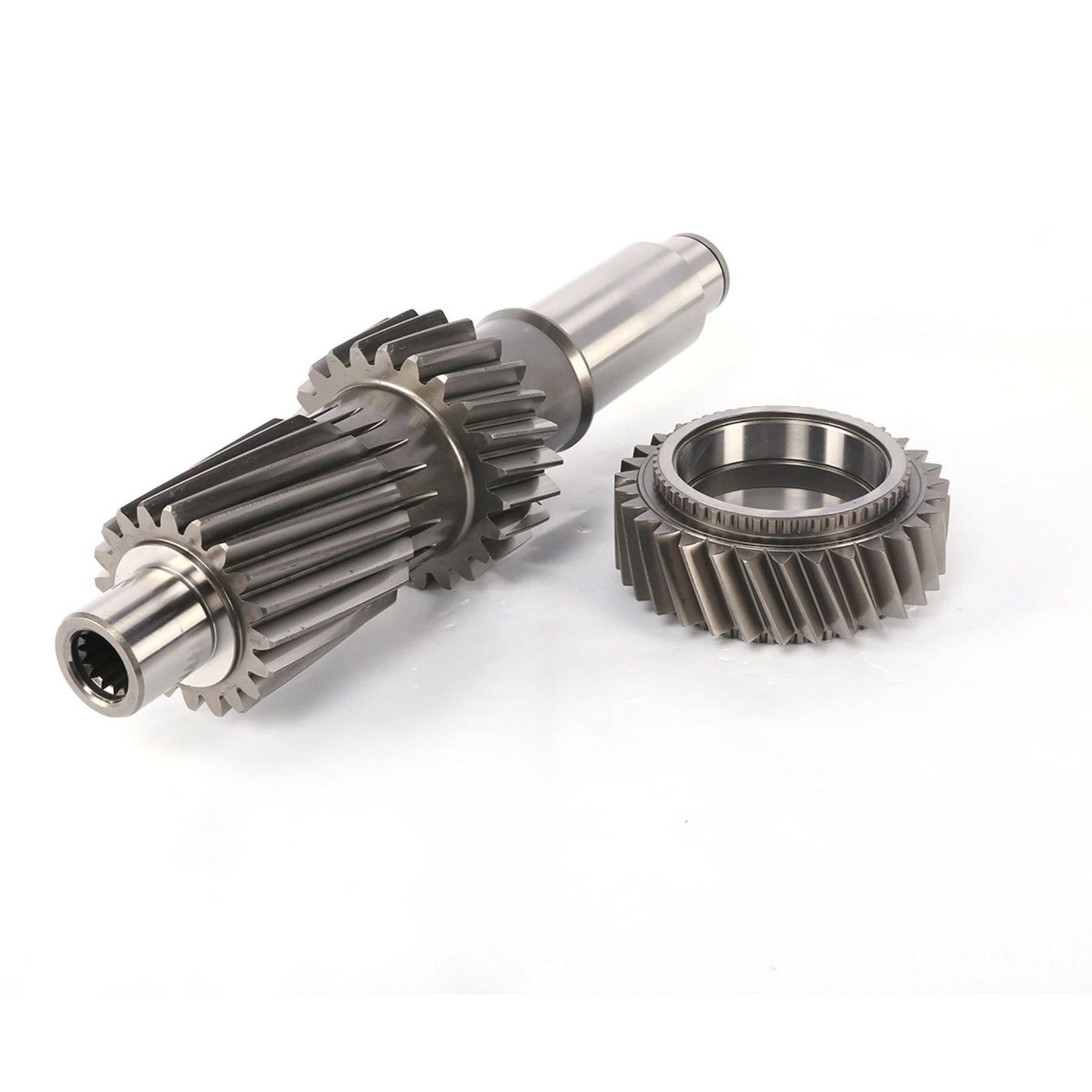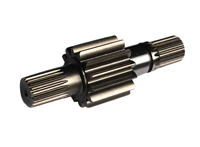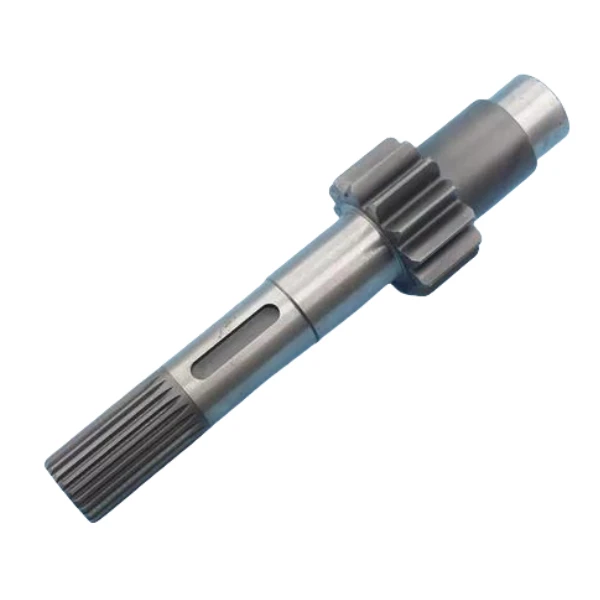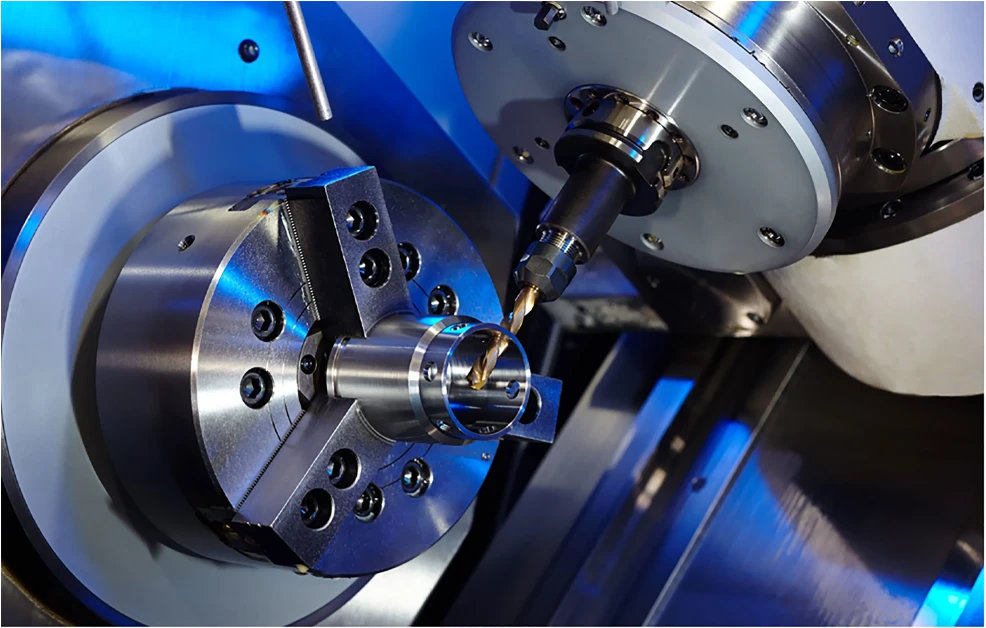- Tel: +86 13451474678 / 13451474678
- Email: / hbzinanmech@gmail.com
24 Spline Shafts High-Strength Splined Shafts & Hubs Custom Sizes
- Overview of Spline Shaft Mechanics and Key Applications
- Critical Design Factors for Optimal Performance
- Material Selection and Durability Metrics
- Comparative Analysis of Leading Manufacturers
- Customization Strategies for Industry-Specific Needs
- Real-World Application Case Studies
- Future Trends in Spline Shaft Technology
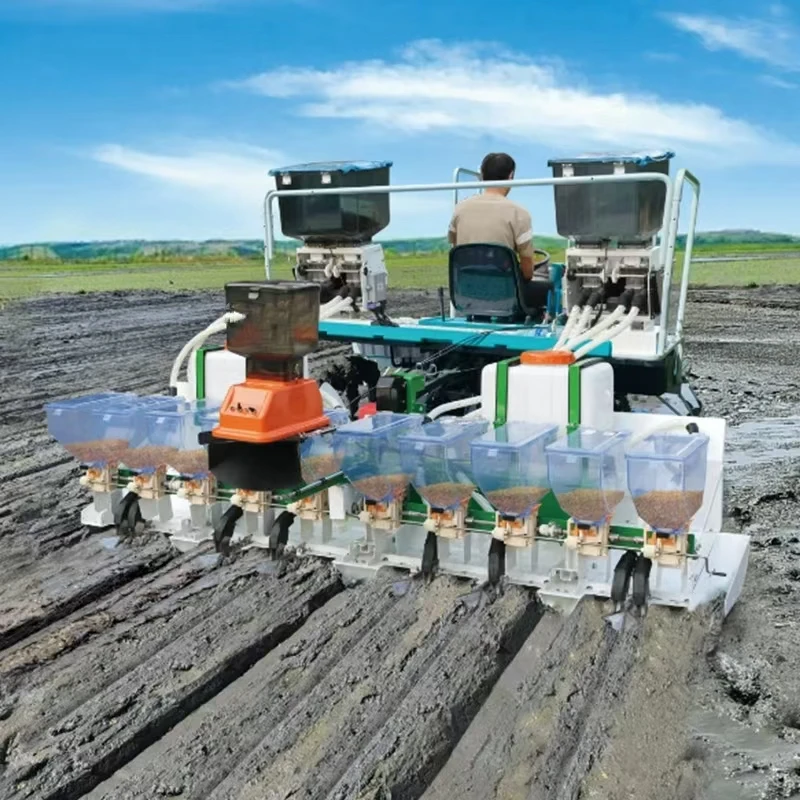
(24 spline shaft)
Understanding the Role of 24 Spline Shafts in Power Transmission
A 24 spline shaft
is engineered to deliver precise torque transfer in high-stress environments, with its multi-tooth configuration reducing point loading by 40-60% compared to traditional keyed shafts. Spline shafts and hubs work synergistically to maintain concentricity, critical for applications like automotive drivetrains and industrial gearboxes. The 24-spline design balances torque density (up to 1,200 N·m/mm²) with manufacturability, making it the preferred choice for medium-to-heavy duty systems.
Engineering Principles Behind Spline Performance
Modern spline shaft design adheres to ANSI B92.2B or DIN 5480 standards, dictating parameters such as:
- Pressure angle variations (30° vs 45° configurations)
- Tooth height-to-width ratios (1:1.2 optimal for dynamic loads)
- Surface finish requirements (Ra ≤ 0.8μm for high-cycle applications)
Finite element analysis reveals that 24-spline configurations reduce stress concentrations by 28% versus 36-spline alternatives in shafts under 50mm diameter.
Material Advancements and Testing Protocols
Leading manufacturers now utilize vacuum-arc-remelted (VAR) 4340M steel, achieving:
| Property | Standard Grade | Premium VAR Grade |
|---|---|---|
| Yield Strength | 930 MPa | 1,270 MPa |
| Fatigue Limit | 410 MPa | 580 MPa |
| Wear Resistance | 0.12 mm/1k cycles | 0.07 mm/1k cycles |
Market Leaders in Spline Shaft Production
| Manufacturer | Size Range (mm) | Tolerance Class | Lead Time |
|---|---|---|---|
| Company A | 10-150 | ISO 6 | 8 weeks |
| Company B | 20-200 | ISO 5 | 12 weeks |
| Company C | 5-120 | ISO 4 | 6 weeks |
Customization for Specialized Applications
Recent projects demonstrate the adaptability of spline shaft systems:
- Aerospace: 24-spline interface with 0.005mm runout tolerance for satellite positioning systems
- EV Drivetrains: Asymmetric tooth profiles accommodating 15,000 RPM continuous operation
- Offshore Wind: 120mm shafts with zinc-nickel coating resisting salt spray for 25+ years
Documented Success in Heavy Industry
A mining conveyor upgrade using 24-spline shafts showed:
- 32% reduction in downtime from shaft failures
- 18% energy savings through improved alignment
- ROI achieved in 14 months versus projected 22 months
Innovations in 24 Spline Shaft Manufacturing
Emerging technologies like additive manufacturing enable complex geometries previously impossible. Hybrid CNC/grinding processes now achieve surface hardness of 60-62 HRC with compressive residual stresses exceeding 800 MPa. These advancements position the 24 spline shaft as a cornerstone of next-generation mechanical power systems, particularly in renewable energy and automation sectors where precision and reliability are paramount.
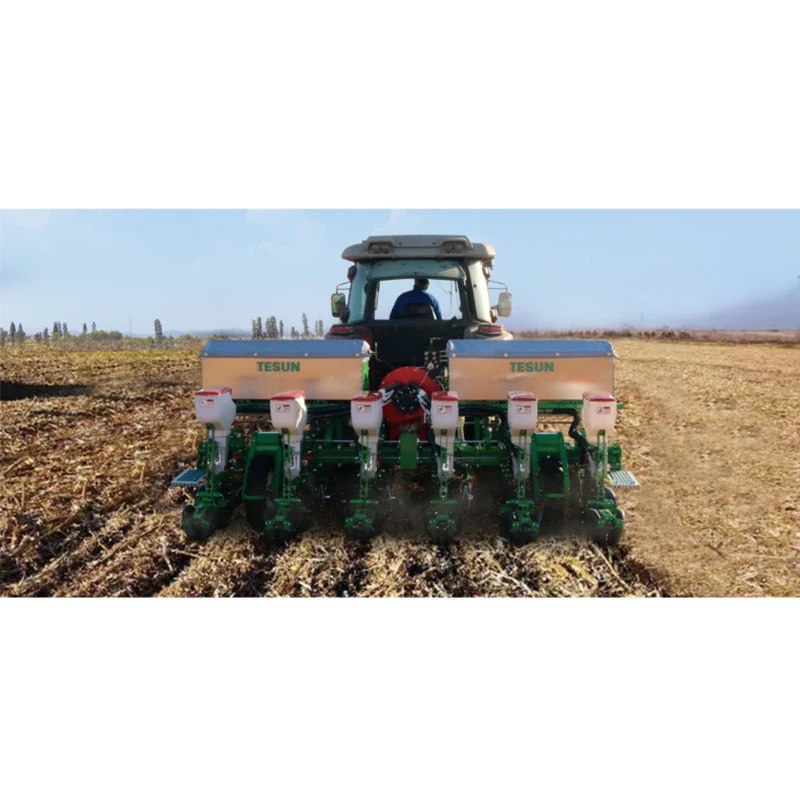
(24 spline shaft)
FAQS on 24 spline shaft
Q: What factors determine 24 spline shaft sizes in mechanical applications?
A: 24 spline shaft sizes are defined by major diameter, minor diameter, tooth count, and pressure angle. Standards like ANSI B92.1 or ISO 4156 ensure compatibility with hubs. Measurements depend on torque requirements and application space constraints.
Q: How does a spline shaft and hub assembly transmit torque efficiently?
A: The spline shaft and hub interlock through precision-machined grooves, distributing rotational force evenly across multiple teeth. This design minimizes stress concentration while allowing axial movement. Proper lubrication and material hardness further enhance torque transmission efficiency.
Q: What are key considerations in spline shaft design for industrial machinery?
A: Critical spline shaft design factors include load capacity, torsional stiffness, and misalignment tolerance. Tooth profile (involute vs. straight-sided) impacts wear resistance and power transmission. Surface treatments like nitriding often improve durability in high-stress applications.
Q: Can 24 spline shafts be customized for non-standard applications?
A: Yes, 24 spline shafts can be engineered with modified pressure angles or tooth depths for specialized requirements. Customization typically involves material selection (e.g., stainless steel for corrosion resistance) and thermal processing. Always verify hub compatibility when deviating from industry standards.
Q: How do I measure spline shaft dimensions accurately?
A: Use precision calipers to measure major diameter and optical comparators for tooth geometry verification. Spline gauges confirm proper fit with mating hubs. Always reference the original equipment specifications for tolerance validation in critical applications.
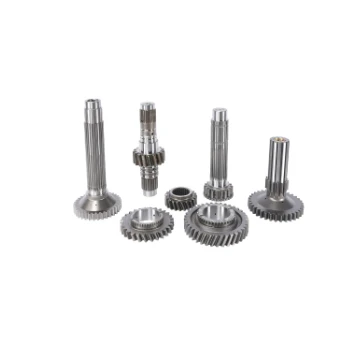
The agricultural and industrial machinery sector is experiencing remarkable growth, and at the heart of this expansion lies the trade and supply of tractors.
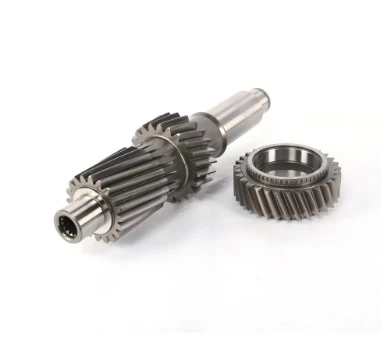
In the world of heavy - duty construction, the seamless operation of machinery is crucial for large - scale projects.
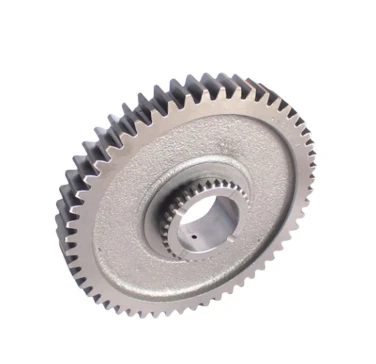
The world of tractors is vast and varied, catering to both practical agricultural needs and the passionate interests of collectors.
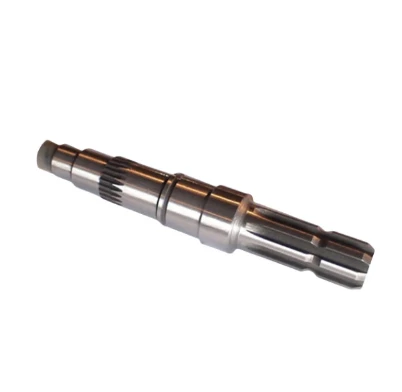
The agricultural and construction machinery landscape is constantly evolving, with tractors standing as essential workhorses for a variety of tasks.
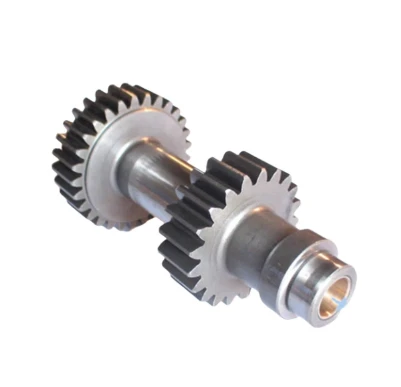
In the intricate world of mechanical engineering, gears are fundamental components that enable the seamless transfer and manipulation of power.
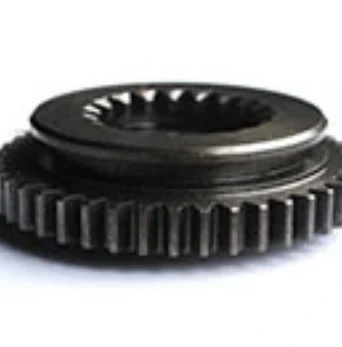
The market for tractors is a bustling hub, catering to a wide range of needs from large - scale farming operations to small - scale gardening projects.
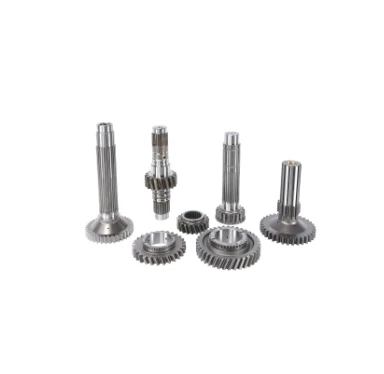
In the dynamic world of farming, machinery has become an essential part of efficient and productive operations.
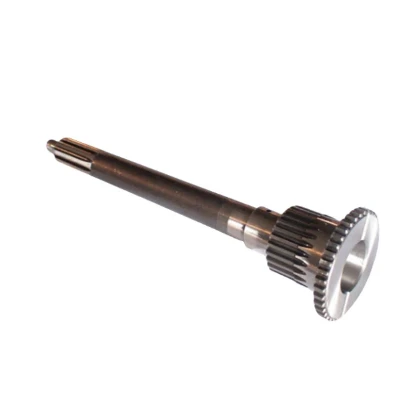
In the expansive realm of agriculture, various tools and machines play crucial roles in ensuring efficient crop production and overall farm management.
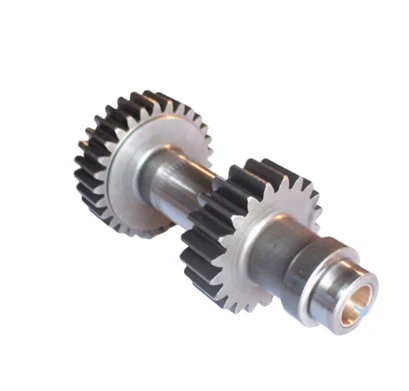
Tractors are essential workhorses in the agricultural and construction sectors, playing a pivotal role in a wide range of tasks.
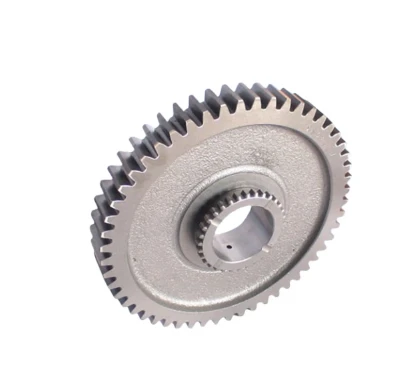
The agricultural and construction sectors rely heavily on tractors for their operations, and the entities involved in the production, distribution, and pricing of these machines shape the industry's trajectory.
International layout
Spread all over the world
our products are exported to various parts of the world. Currently, our products have been exported to more than 40 countries Our products cover Asia, Europe, Africa, South America, North America, and Oceania
Sign up
for Newsletter
Subscribe to the weekly newsletter for all the latest updates


